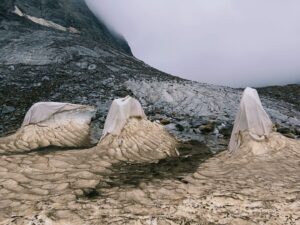Abstract/Description
The Integrated European Long-Term Ecosystem, critical zone and socio-ecological Research Infrastructure (eLTER RI) will respond to the challenge of understanding the complex interactions between people and nature over the long term. eLTER will catalyse scientific discovery and insights through its state-of-the-art research infrastructure, collaborative working culture, and transdisciplinary expertise. This will enable the development and application of evidence-based solutions for the wellbeing of current and future generations. When the concrete planning for eLTER started, it was clear that its vision calls for a novel approach involving many disciplines and a targeted design of eLTER Sites and eLTSER Platforms, and representativeness on a large scale for its applicability in policy driven research. How far have we come and what can the scientific community expect in the near future?


